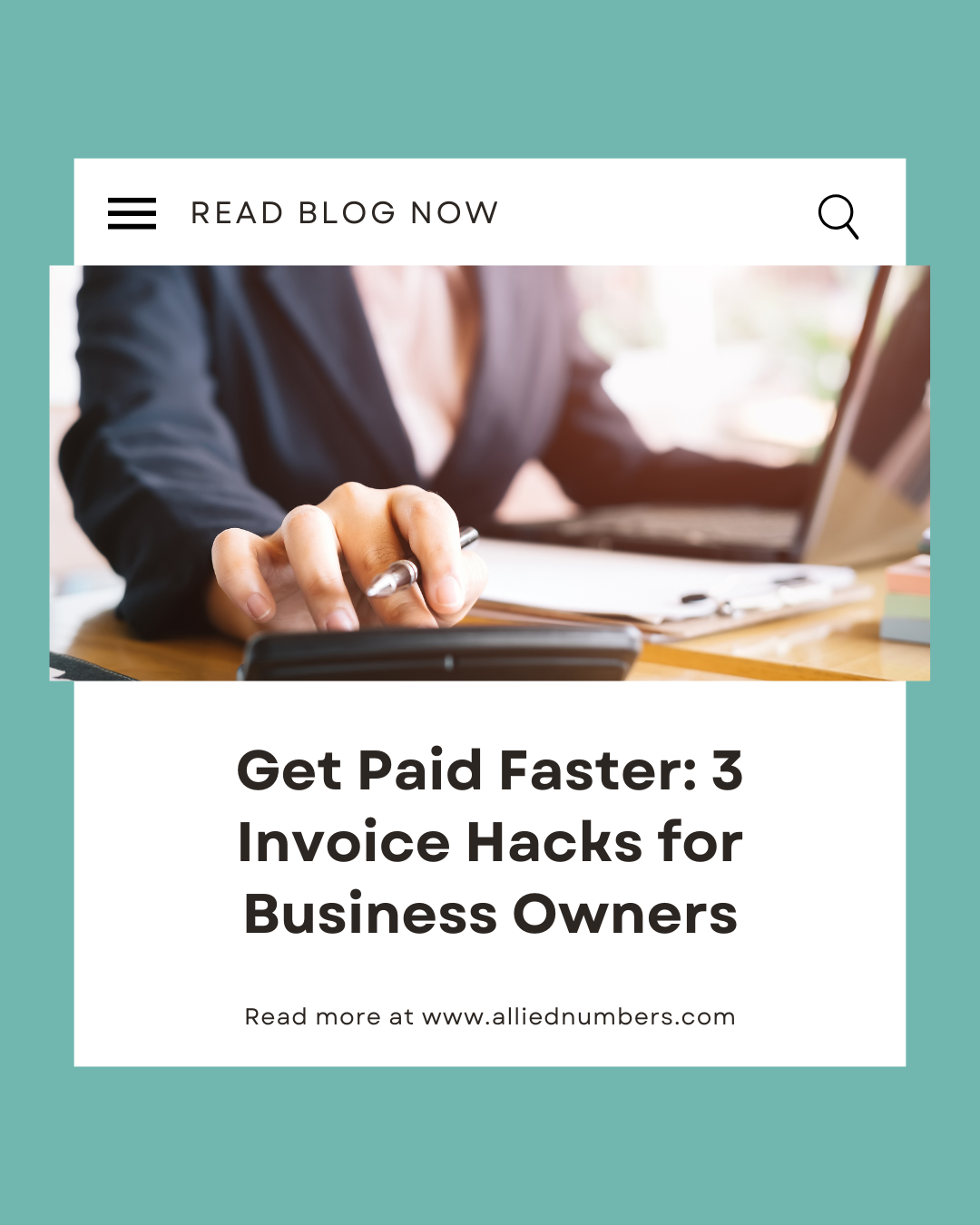How To Find The Right Bookkeeper For Your Business
It's time to hire a bookkeeper, but how do you know if they are a good fit?

Businesses can benefit from outsourcing bookkeeping services, allowing them to use professional expertise while reserving valuable time for their core business operations. Business owners need to choose the right bookkeeping or accounting service provider when they want to outsource financial management. You can make an informed choice by considering industry experience, service range, technology integration, and client testimonials. These factors will help businesses decide and find a professional that meets their business needs.
1. Industry Experience. It is essential to consider a provider's experience when choosing a service. It is vital to choose a bookkeeping service provider that is familiar with the industry you are in.
2. Service Offerings. Bookkeeping services offer a wide range of services. Determine if the bookkeeper can provide holistic solutions to meet your business's needs. You can also consider services beyond basic bookkeeping, such as payroll management and financial advisory services.
3. Reputation. Reputation is an essential factor to consider when selecting a bookkeeping professional. Research the business through social media profiles, online reviews, and testimonials.
4. Technology Integration. Technology is critical to bookkeeping and financial planning in our digital age. Consider whether the bookkeeping professional uses up to date software and technology.
5. Communication and Accessibility. It's crucial to consider accessibility and ease of communication when selecting a bookkeeping professional. Communication is critical to a successful business partnership. Assess their responsiveness and availability.
6. Pricing and Scalability. Look at the pricing structure and the flexibility of your bookkeeper. You should consider whether the bookkeeper's pricing matches your needs and budget.
If you're ready to take action and feel empowered by your finances, we look forward to connecting with you and helping you take control of your finances. Schedule a call today!




